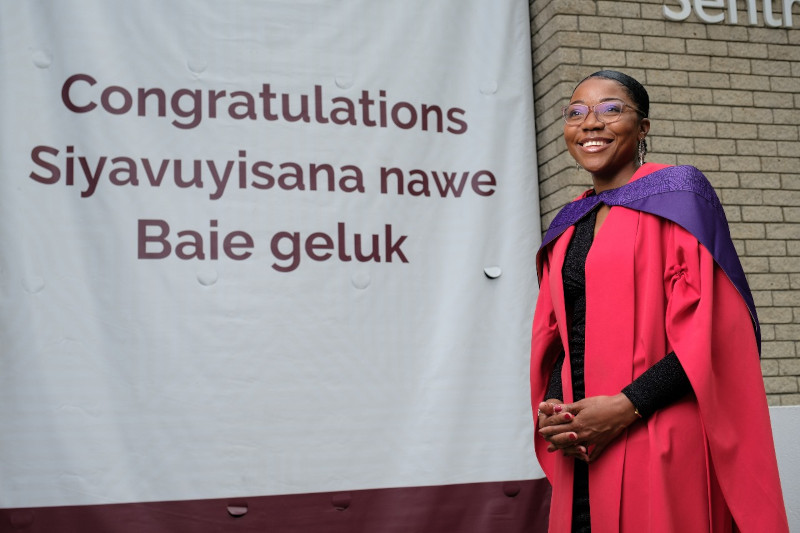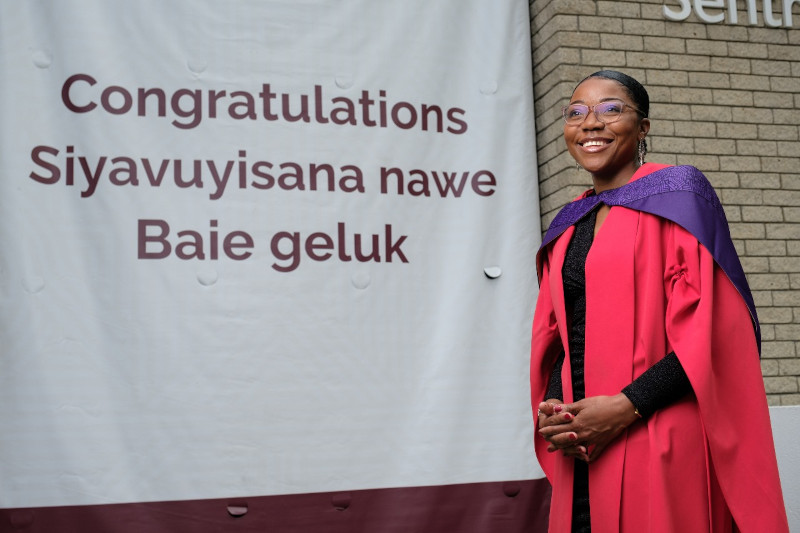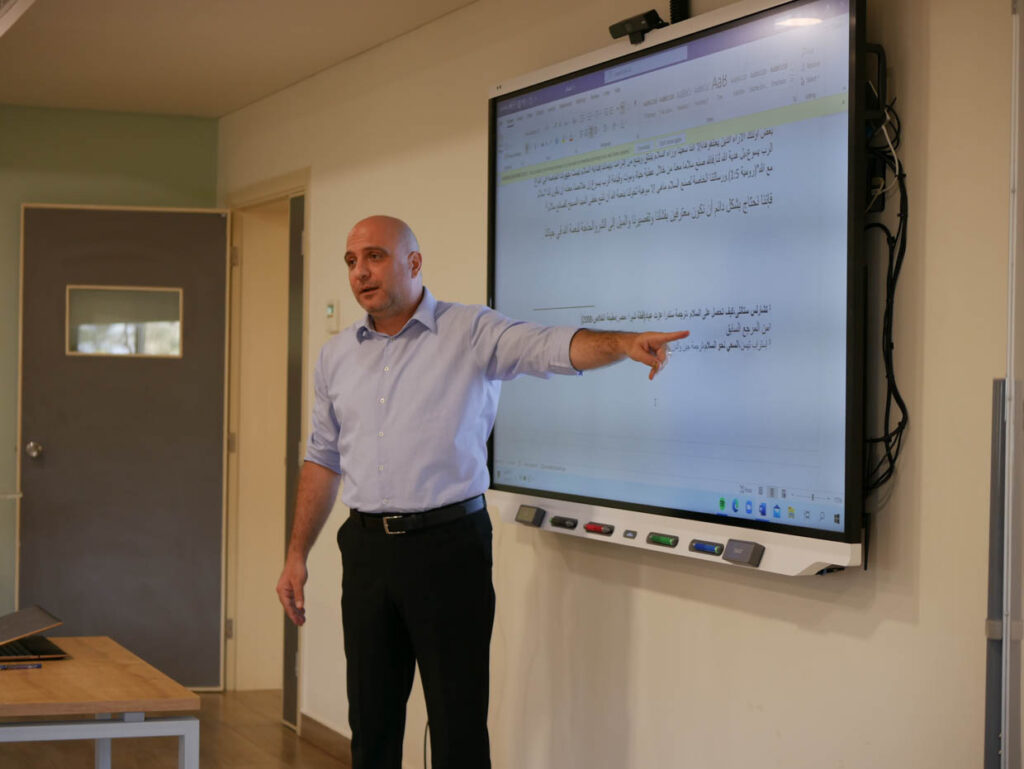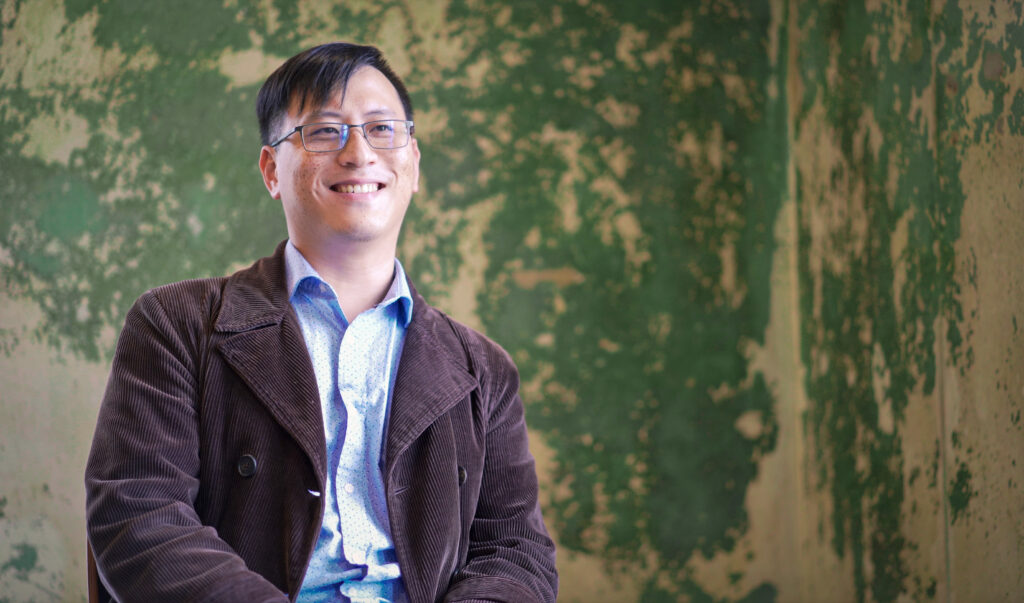Meet four transformational theologians from Asia, Africa and the Middle East

When theologian John Stott first began Langham Partnership in 1969, the global church had begun to grow exponentially but needed well-trained, local leaders to shepherd that growth.
Stott started sponsoring PhD studies for a handful of church leaders around the world. Equipped with the right tools, these leaders founded seminaries, started ministries, wrote books and trained up other leaders to preach the Word clearly, faithfully and relevantly.
That first handful of scholars has now grown to more than 450 graduated and current students from Asia, Africa, Eastern Europe, Latin America and the Middle East who have graduated or are currently pursuing their PhDs with support from Langham Partnership.
We want to introduce four of these transformational leaders, two of whom have graduated in the past year and two who are currently working on their PhD.
Azamat*, Central Asia

Azamat, whose name we’ve changed for his protection, will be one the first Christians from his Central Asian country to graduate with a PhD. He grew up in a Muslim home and encountered Jesus in college. He had spent years wrestling with the faith he grew up with, struggling with doubts and questions. Once he heard the gospel, Azamat felt an indescribable peace. It transformed his life and calling.
Donate: Support a scholar like Azamat
“God gave me a burden for my people,” Azamat said. “My dream is not to become a famous scholar or thinker. [I want to] to inspire and help and mentor many other believers whom God may call to become theologians and teachers and thought leaders who will prayerfully observe and reflect about what God is doing through his church in my country, boldly preach the gospel and express their voices.”
While he’s working toward his PhD, he’s also actively serving in ministry in his country.
Teresa David, Angola

Teresa is the first woman from Angola to obtain a PhD in biblical studies, as well as the first Angolan Langham Scholar. Located in Central Africa, Angola is still recovering from almost four decades of constant war. Over this 40-year period, which ended in 2002, millions of people were forced from their homes, most of the casualties were civilians, the country’s infrastructure was destroyed and corruption became rampant.
Seeing this unfold, Teresa noticed that Angolan churches largely stayed silent. She began to wonder how God calls Christians to engage with these issues. That became her PhD topic, looking at how texts from Mark and Matthew bring a biblical perspective about speaking out against corruption in government and public institutions. Her hope is to help the church reevaluate their dynamics of leadership and to fight cultures of corruption both inside and outside the church.
Teresa graduated in May from a university in South Africa.
Walid Zailaa, Lebanon

Lebanon is one of the few places in the Middle East where Christians can still freely preach and teach the gospel. That makes it an incredibly strategic location for seminaries like Arab Baptist Theological Seminary, where Walid serves as the academic dean while pursuing his PhD.
His vision is to see students equipped to live, preach and teach the Word of God in a way that is relevant, meaningful and practical. Having a PhD will further his ability to help ABTS serve the next generation of biblical leaders in Lebanon and throughout the Middle East.
While serving as academic dean and writing his thesis, he’s also pastoring a church and ministering to his community throughout the current conflict in Lebanon. “Throughout this challenging season, I’ve felt the undeniable presence of God, actively preparing us for this moment,” Walid said.
Andy Kuo, Taiwan

Christians only make up 2% of the Taiwanese population. Secularization and apathy are the biggest challenges. “People typically don’t feel the need,” Andy said. “They can feel good, they can have a good life without the gospel.” Additionally, many pastors in Taiwan don’t have enough training and aren’t connected to and learning from one another.
Andy hopes to bridge that gap, to connect pastors and seminaries with each other and the resources they need to preach the gospel in a way that speaks to the Taiwanese people. He also sees Taiwan as a strategic place to reach the rest of the Mandarin-speaking world.
Andy graduated in May and began teaching at China Lutheran Seminary this fall.